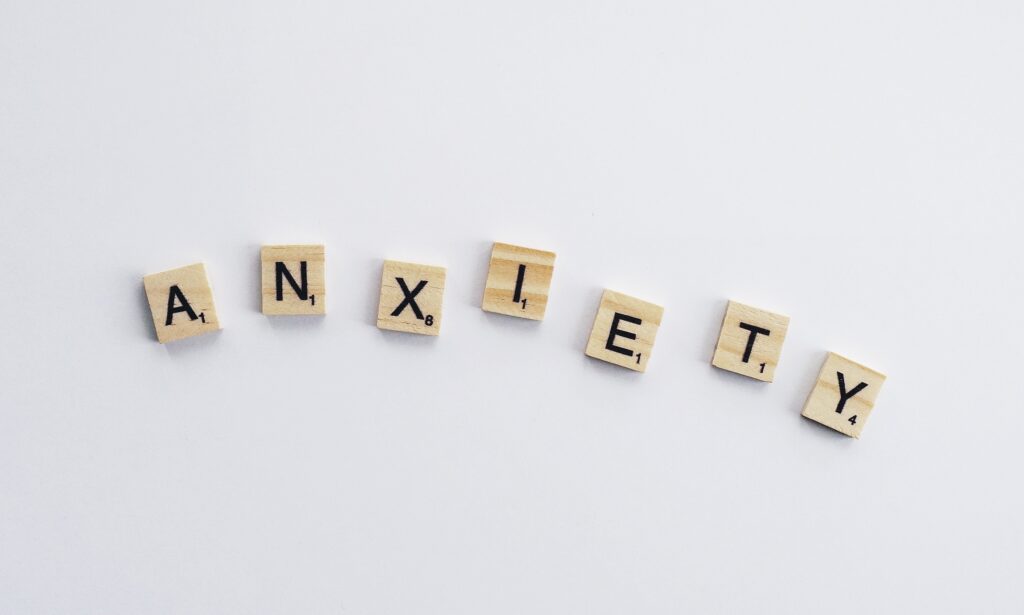
What is mental health?
A person’s emotional, psychological, and social well-being are all referred to as their mental health. It includes all of our attitudes, sentiments, actions, and capacity for overcoming obstacles and stresses in life. Similar to physical health, mental health is a crucial component of total wellbeing since it affects our thoughts, emotions, and social interactions. It’s critical to remember that mental health includes having the skills necessary to deal constructively and effectively with life’s ups and downs, in addition to the absence of mental disease.
Reasons for Mental Health Problems
A complex interplay of biological, psychological, and environmental factors can lead to mental health problems. Here are some important causes of mental health issues that can develop:
- Biological Aspects: Genetics have a big impact on mental health. You may be more likely to experience mental health difficulties yourself if you have a family history of them. In addition, disorders like depression, anxiety, and schizophrenia may be impacted by imbalances in the chemistry and functioning of the brain.

- Neurochemical imbalances: Serotonin, dopamine, and norepinephrine are just a few of the neurotransmitters that are essential for controlling mood and emotions. These neurotransmitter imbalances can play a role in mood disorders like anxiety and sadness.
- Environmental Factors: Traumatic experiences, abuse, or loss can cause or worsen mental health problems. These occurrences can interfere with a person’s capacity to adapt and adjust, which can cause emotional distress.
- Psychological aspects: Personal characteristics, coping mechanisms, and thought processes can all have an impact on mental health. Perfectionism, low self-esteem, and negative self-perception can all lead to the emergence of different mental health issues.
- Developmental factors: A person’s mental health can be influenced by their early experiences and upbringing. Neglect, adverse childhood experiences, and dysfunctional family relationships can all have long-term effects on one’s mental health.
- Social and Cultural Factors: Social pressure, prejudice, stigma, and social isolation can all have a detrimental effect on mental health. Furthermore, societal expectations and conventions may influence how people view and communicate their mental health difficulties.
- Substance Abuse: Abusing substances, such as alcohol and drugs, can alter brain chemistry, aggravate pre-existing mental health issues, or even result in the development of new ones.
- Physical Health: Physical and mental health are closely related. The state of one’s mind can be affected by long-term illnesses, hormonal imbalances, and other medical disorders.
- Brain Structure and Function: Mental health issues can be influenced by structural abnormalities or changes in brain function caused by trauma, infection, or neurological diseases.
- Lifestyle elements : Nutrition, exercise, and sleep are crucial for preserving mental health. An improper diet, insufficient sleep, and inactivity can all have an impact on one’s mood and cognitive abilities.
It’s critical to acknowledge the complexity and diversity of mental health disorders. They can’t be linked to a single cause, and various people may have special combinations of underlying causes.

Promoting Good Mental Health: Adopting a healthy lifestyle, getting help when you need it, and developing emotional resilience are all part of maintaining good mental health. Several tactics consist of:
- Seeking Professional Help: If you’re having trouble with your mental health, you might want to think about getting help from therapists, counselors, or psychiatrists.
- Establishing a Support Network: Surround yourself with people who will be there for you emotionally, including friends, family, and peers.
- Taking Care of Yourself: Do things that make you happy, relaxed, and proud of yourself.
- Healthy Lifestyle: To promote your physical and emotional well-being, prioritize frequent exercise, a balanced diet, and enough sleep.
- Stress Management: Acquire and hone stress-reduction skills such progressive muscle relaxation, mindfulness, and meditation.
- Avoiding Substance Abuse: Reduce or stop using drugs and alcohol because they can harm your mental health.
- Reframing Negative Thoughts: Focus on recognizing and reframing negative thought patterns in favor of more realistic and upbeat ones.
- “Setting Realistic Goals“: To prevent feeling overwhelmed, divide your goals into doable steps.
- Participating in Activities: Take part in pursuits that give you a sense of fulfillment and purpose.
- Seeking Social Interaction: Avoid solitude by maintaining social connections and participating in group activities.
Keep in mind that each person’s path with mental health is distinct, and asking for help is a sign of strength, not weakness. Setting your mental health as a top priority is essential for leading a happy and balanced life.




